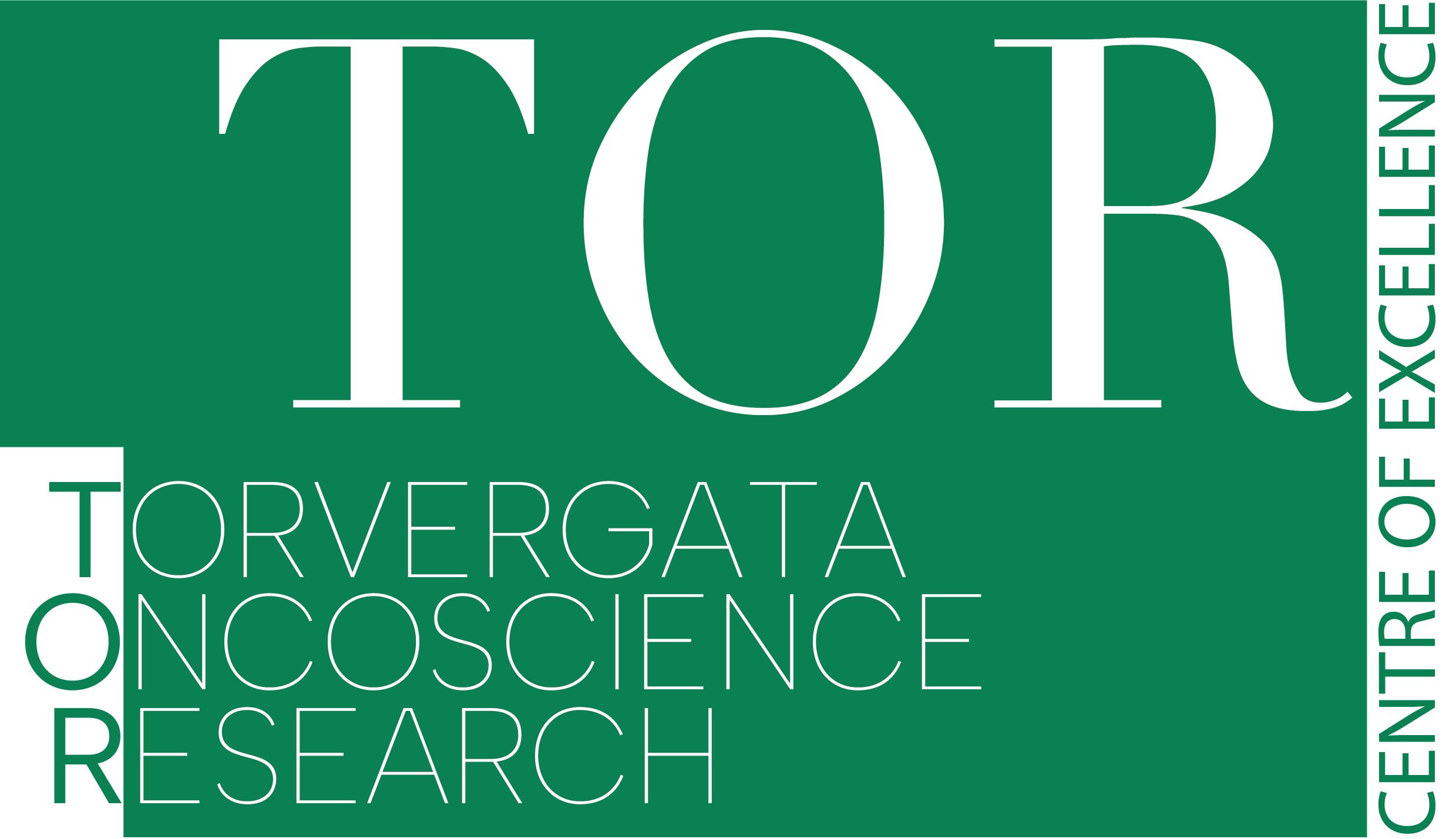Research Programme: Metabolism in cancer
Principal Investigator: Prof Alessia Angelin

Scientific Interest
A primary challenge for cancer cells is the ability to survive adverse conditions mainly because the tumour microenvironment (TME) in which cells compete for very limited physical space and nutrients under distinct metabolic and hypoxic conditions. Energy supply (glucose) and oxygen pressure (hypoxia, hypoxia-inducible factors, HIFs) are major players in the physiological response to tumour proliferation. Preliminary in vivo experiment indicate a peculiar metabolic pathway, diverting glycolysis to the formation of Fructose-1-Phosphate (F1P), via the abnormal activation of enzyme AKR1B1 aldo-keto reductase family 1 member B1 (AKR1B1) transforming glucose into sorbitol which in turn is transformed into fructose by the enzyme Sorbitol Dehydrogenase (SORD).
Current Research
In this project, we will generate AKR1B1 and SORD KO mice to study the impact of these metabolic pathways in tumorigenesis.
Relevance to cancer biology
We expect to unveil novel metabolic escape routes employed by tumour cell to survive in aggressive microenvironment. The identified metabolic networks will provide novel drugable targets for cancer therapy.
